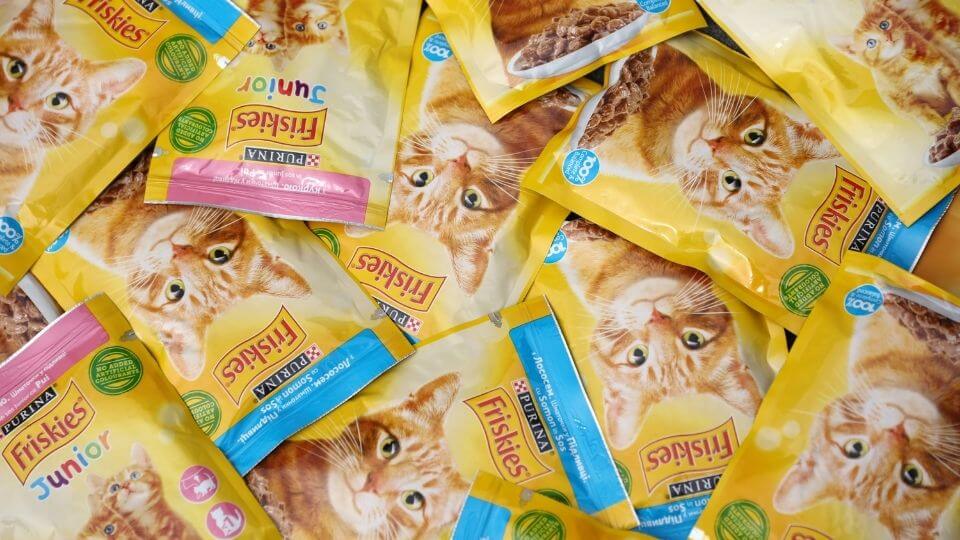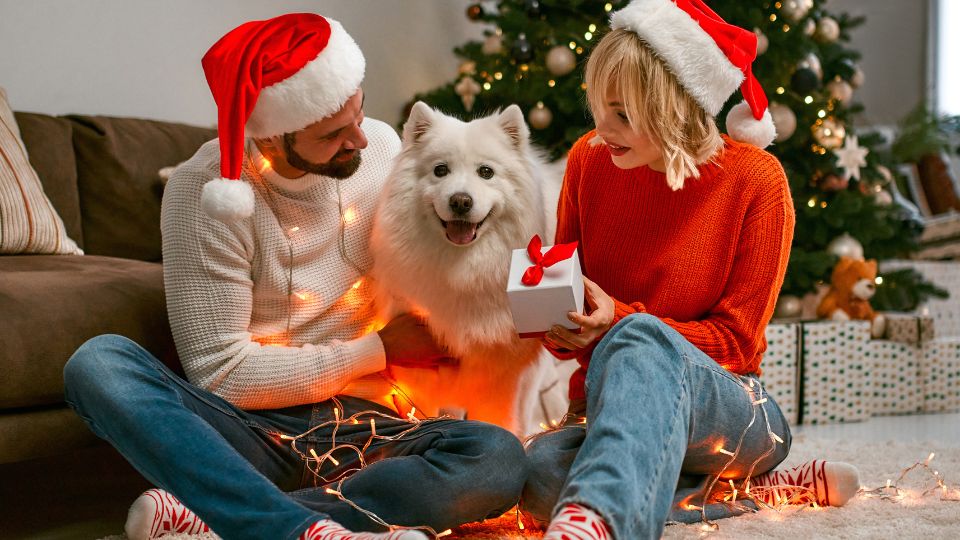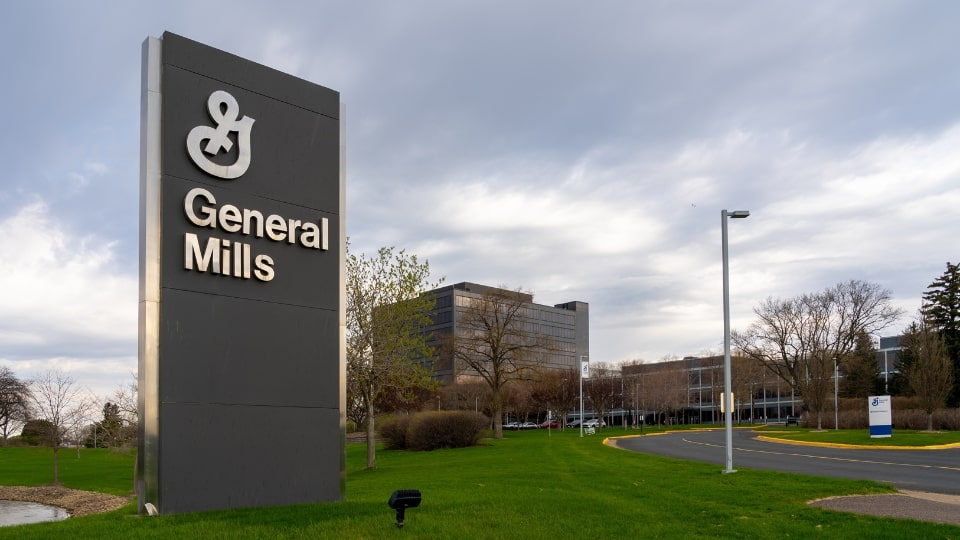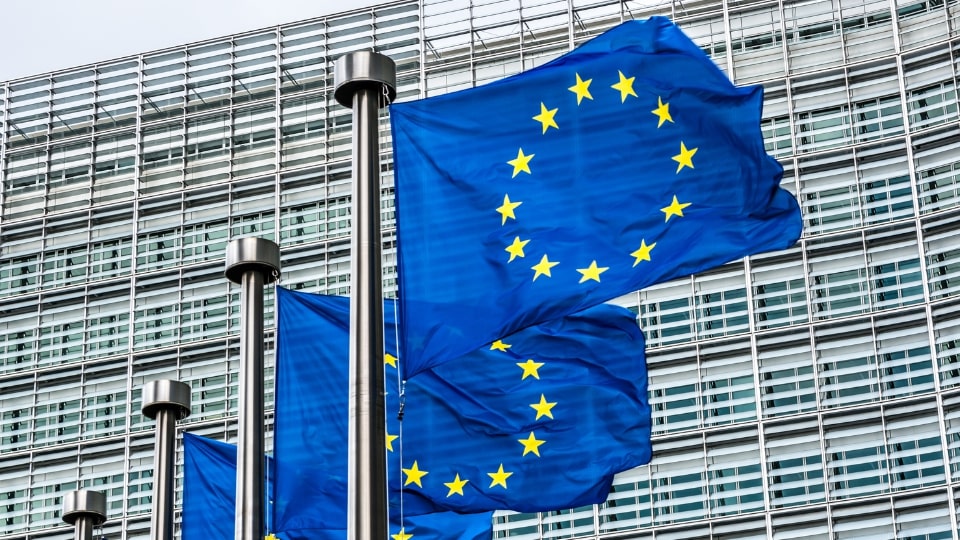
Big players and alliances in different parts of the world aim to redesign packaging and reduce unnecessary materials as they move toward a future of 100% reusable, recyclable or compostable.
Pet food packaging is critical to ensuring that pet food is kept safe and retains its nutritional quality. But it also provides pet owners with important factual and legal information about the food they are purchasing.
In the past few years, the global industry has been making progress toward reducing and optimizing the use of packaging materials, finding sustainable alternatives to non-recyclable plastic, and increasing the use of recycled content.
FEDIAF
The European Pet Food Industry Federation (FEDIAF) advocates for a circular economy model, ensuring pet food safety and preventing waste. According to a position paper from the Brussels-based organization, this is the only formula for reducing the impact of pet food packaging on the environment.
Pet food packaging comes in a variety of formats – pouches, cans, bags and trays. Each relies on different materials, ranging from paper and cardboard to plastic and aluminum. FEDIAF suggests that manufacturers should carefully select the best option to guarantee freshness, hygiene, safety and sustainability.
Mars PetCare
Mars PetCare plans to have at least 10 new reuse programs in markets by 2025 to “help prevent single-use plastics from getting into the market in the first place”. The company is part of an e-commerce platform that replaces single-use plastic packaging with durable, reusable packaging. Since 2019, consumers in Paris have been able to purchase their cat food online and receive a week’s supply in a sleek, stainless-steel container that can be reused and refilled for future orders.
All Mars PetCare packaging formats are currently being evaluated as the company is rethinking the design. This includes replacing hard-to-recycle packaging with a single-material packaging format.
At Mars, they want “to help consumers make decisions about what to do with the packaging once they have enjoyed the product”. And to do so, the company has launched guidance that will reach all major markets where their products are available by 2025.
Gosbi
Spanish pet food company Gosbi is also following a strategy to make its packaging more eco-friendly. The redesign involves the use of a single-layer pack. “The mono material plastic allows a much easier recycling process and contributes to the circular economy,” explains CTO Xavier Miranda. This material is currently being used for more than half of Gosbi’s products and the company expects to eventually use it for the whole product range.
Nestlé Purina
One of the main challenges for the industry is to reduce virgin plastic, and the only way to do so is to guarantee that 100% of plastic packaging used for pet food is reusable, recyclable or compostable. “Our work around sustainable packaging is focused on deep-rooted and impactful challenges, like evolving infrastructure, material supply and demand, and bridging quality with sustainability. These are substantial hurdles that create lasting change,” explains Billy Etling, Senior Vice President of Corporate Public Relations at Nestlé Purina PetCare North America.
“We’re striving to achieve 100% recyclable or reusable packaging by 2025, and working with important partners to address larger-scale infrastructure capabilities,” he adds.
The power of alliances
The pet food industry is heading toward an eco-friendly packaging future and big players are leading the way for the whole industry. But sustainability takes time and investment, as well as global alliances with other industry leaders, innovators and non-profit partners.
In May 2021, Mars, Mondelēz International, Nestlé, PepsiCo and Unilever launched the Flexible Plastic Fund, a cross industry collaboration in the UK aiming to create a transparent system that incentivizes high- quality recycling of a material that has historically gone to waste. “The Fund is driving toward the long- term ambitions of ensuring flexible plastic recycling is UK based, fully circular and facilitated by household recycling collections,” explains Etling.
New York-based plastic neutral movement rePurpose Global recently announced that 20 pet food brands had aided its project to recover 2,000 tons of plastic waste from the environment. Just another example of fruitful collaboration on the way to a circular plastics economy.
The latest articles

How pet parents will shop for their pets this Christmas
A new survey takes the pulse on holiday shopping trends in the UK, including popular categories and average spending.

General Mills’ pet portfolio posts negative performance
Both revenue and net sales dropped by 4% in the last quarter amid less demand.

Negotiations of new EU rules on sustainable packaging to kick off in 2024
The Council and the Parliament will start the legislative process to design regulations regarding the packaging and packaging waste proposal put forward by the European Commission last year.
Weekly newsletter to stay up-to-date
Discover what’s happening in the pet industry. Get the must-read stories and insights in your inbox.